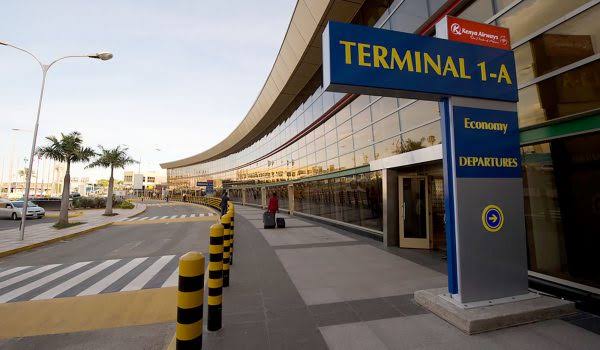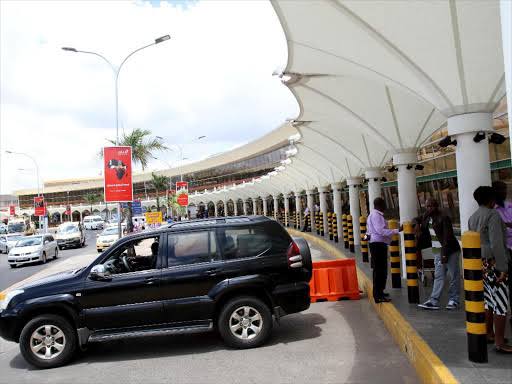Physical Address
60 Ekwema Cres, Layout 460281, Imo
Physical Address
60 Ekwema Cres, Layout 460281, Imo

The Adani Group, a prominent Indian conglomerate, has recently made headlines with its proposal to redevelop the Jomo Kenyatta International Airport (JKIA) in Kenya.
The $1.85 billion project has sparked significant debate and controversy, particularly following a court ruling that temporarily halted the government’s plan to lease the airport to Adani Airport Holdings for 30 years.
This development has raised questions about transparency, local economic impact, and the future of aviation in Kenya.
During a court session on September 10, Alok Patni, head of business development for Adani Group, revealed that the company’s interest in redeveloping JKIA stemmed from media reports highlighting the airport’s declining condition.
Patni stated that between 2018 and 2023, numerous articles detailed JKIA’s deterioration, which had once been regarded as one of Africa’s premier airports.
He cited ongoing protests by airport workers regarding poor working conditions and inadequate infrastructure as further motivation for their proposal.
The Adani Group’s ambitious plan includes constructing a new terminal and taxiways aimed at revitalizing JKIA’s status in Africa while creating job opportunities for local citizens.

However, this proposal has faced fierce opposition from various Kenyan groups who argue that the necessary funding could be sourced domestically without resorting to a long-term concession to a foreign entity.
The Kenya Human Rights Commission (KHRC) and the Law Society of Kenya (LSK) have taken legal action against the Adani Group, seeking to block the deal on multiple grounds.
They contend that the project is “irrational” and violates Kenyan laws, including the Public-Private Partnerships Act of 2021.
The LSK and KHRC assert that the Adani proposal is not only unaffordable but also poses significant risks to public finances and threatens local employment by potentially replacing Kenyan workers with foreigners.
In their court filings, they expressed concerns that the project would not deliver value for money to taxpayers and would disproportionately expose the public to fiscal risks.
The opposition groups argue that Kenyans deserve better transparency regarding such significant national projects.
The controversy surrounding the Adani proposal escalated on September 11 when aviation workers staged a strike in response to the takeover plans.
This strike resulted in major flight delays and cancellations lasting up to six hours, highlighting the unrest among employees who fear job losses as a result of foreign management.
Workers expressed their concerns that the takeover would lead to layoffs and an influx of foreign labor into positions traditionally held by Kenyans.
The strike underscored not only labor unrest but also broader anxieties about foreign investment in key national infrastructure.
Many Kenyans are questioning whether such arrangements truly serve their interests or if they merely benefit foreign corporations at the expense of local communities.
Read Next: Kenya Approves a $907 Million Proposal from Adani Energy Solutions
In light of these developments, the Kenyan government faces mounting pressure to clarify its position on the Adani proposal.
The High Court’s suspension of the leasing plan provides a temporary reprieve for those opposed to the deal but also raises questions about how Kenya will address its infrastructure needs moving forward.
The Adani Group maintains that its project will bring substantial benefits to Kenya, asserting compliance with local laws throughout its dealings.
However, as public scrutiny intensifies and opposition grows, it remains uncertain whether this ambitious plan will ultimately come to fruition or if alternative solutions will emerge that prioritize local interests over foreign investments.
As discussions continue around the future of JKIA and Kenya’s aviation sector, both supporters and detractors of the Adani proposal are closely watching how this situation unfolds.
The outcome could set a precedent for future foreign investments in critical infrastructure across Africa, influencing how nations balance economic development with local employment and governance standards.
Was this information useful? Drop a nice comment below. You can also check out other useful contents by following us on X/Twitter @siliconafritech, Instagram @Siliconafricatech, or Facebook @SiliconAfrica.